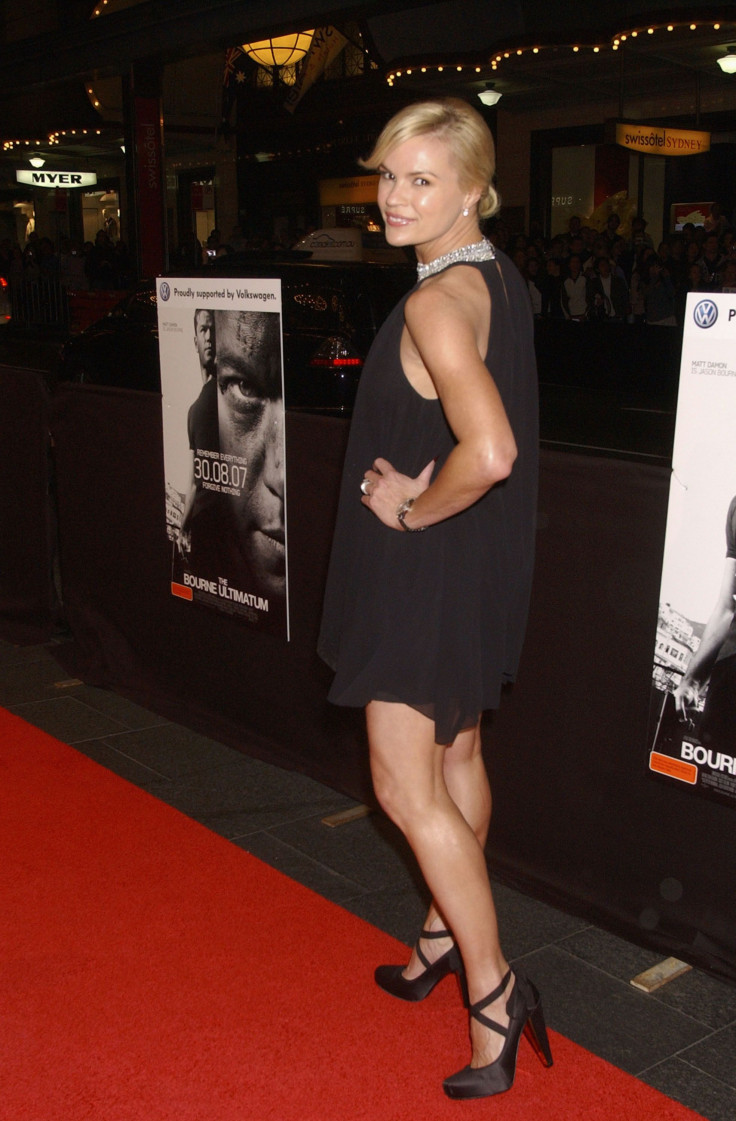Sonia Kruger calls scholarships for gay, lesbian, bisexual and transgender students as 'reverse discrimination'

Just after two weeks of suggesting that Australia should close its borders to Muslim migrants, Kruger has done it again, this time proposing that scholarships for assisting LGBTIQ students are “reverse discrimination.”
“I think scholarships should be given on merit,” Channel Nine TV personality Sonia Kruger remarked on Today’s Extra on Monday.
The Australian Business and Community Network Scholarship Foundation (ABCN) has begun inviting applicants for its 2016 grants program, targeted at Year 10 students who identify themselves as gay, lesbian, bisexual, trans and/or intersex (LGBTI) for financial and mentoring scholarships.
“It sort of feels like reverse discrimination to me, in a wa,” Kruger commented of the scholarship program, which asks students to identify their sexuality.
“To ask a student if they identify as lesbian, gay, or bisexual is a really odd thing to do.”
Kruger questioned why there should be a need to question someone about their sexuality when it is purportedly an information that “should be kept a deeply held, shameful secret, never to be put down in writing, even on a form" just so they can be granted assistance.
The scholarships are valued at $7000 over three years and are for students who need help with their financial hardships and inability to afford study resources.
Students who were applying were usually asked if they were male or female, but for the first time, the ABCN has started to offer a scholarship that incorporate questions about an applicants sexual and gender identity.
Kruger’s co-host David Campbell argued that it was ABCN’s decision to offer such a scholarship. He added that those who were critical to those sorts of questions “were living in the dark ages.”
“Kids’ sexuality nowadays is different now to even when we were in high school,” Campbell remarked.
He then added that with a wide range of scholarships available for students, one focusing on gay or transgender students is “hardly a big deal.”





















